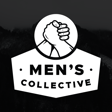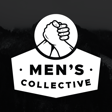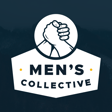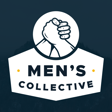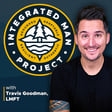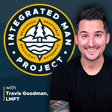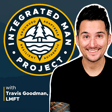
The Journey to Conscious Parenting: Learning, Reflecting, and Empowering Change (feat. Lisa Jean-Francois)
Welcome to another episode of The Therapy4Dads Podcast! In today's episode, we have an incredible guest joining us, Lisa Jean-Francois, to discuss the power of gentle parenting. Lisa believes that building a strong connection with our children is essential for understanding their needs and fostering a healthy parent-child relationship. She shares personal experiences, including a moment of misunderstanding her child's preferences and realizing the importance of connecting on a deeper level. Lisa highlights the significance of educating ourselves about gentle parenting and recommends resources like "The Conscious Parent" and "The Whole-Brain Child." She also delves into her own upbringing, reflecting on strict Haitian parenting practices and how it Initially shaped her approach to parenting.
Lisa is a passionate advocate for conscious and gentle parenting. She believes in prioritizing the well-being of children, both emotionally and physically. As a first-generation gentle parent, she acknowledges the journey of working through personal challenges. Lisa promotes a safe space for conversations with grace, empathy, and understanding. In her parenting approach, she emphasizes no hitting, yelling, threatening, shaming, or punishment. Instead, Lisa focuses on educating and guiding children towards doing what is right, without resorting to punitive measures. She firmly believes in the science-backed nature of conscious, gentle parenting, with research and studies supporting its principles. Despite facing criticism and skepticism, Lisa is determined to spread awareness about this unique philosophy of parenting.
Join us as we explore the transformative journey towards conscious and mindful parenting in this enlightening episode of The Therapy4Dads Podcast.
WATCH ON YOUTUBE:
SUPPORT THE SHOW:
CLICK HERE: BuyMeACoffee/Therapy4Dads
JOIN the MAILING LIST & GET INVOLVED!
Support and follow Lisa
IG: @consciouslylisa_
WEB: https://consciouslylisa.com/
BOOK: No Right Way
Connect and Support Travis:
YouTube: Travis Goodman
Instagram: @Therapy4Dads
Check out the Website: Therapy4Dads.com
